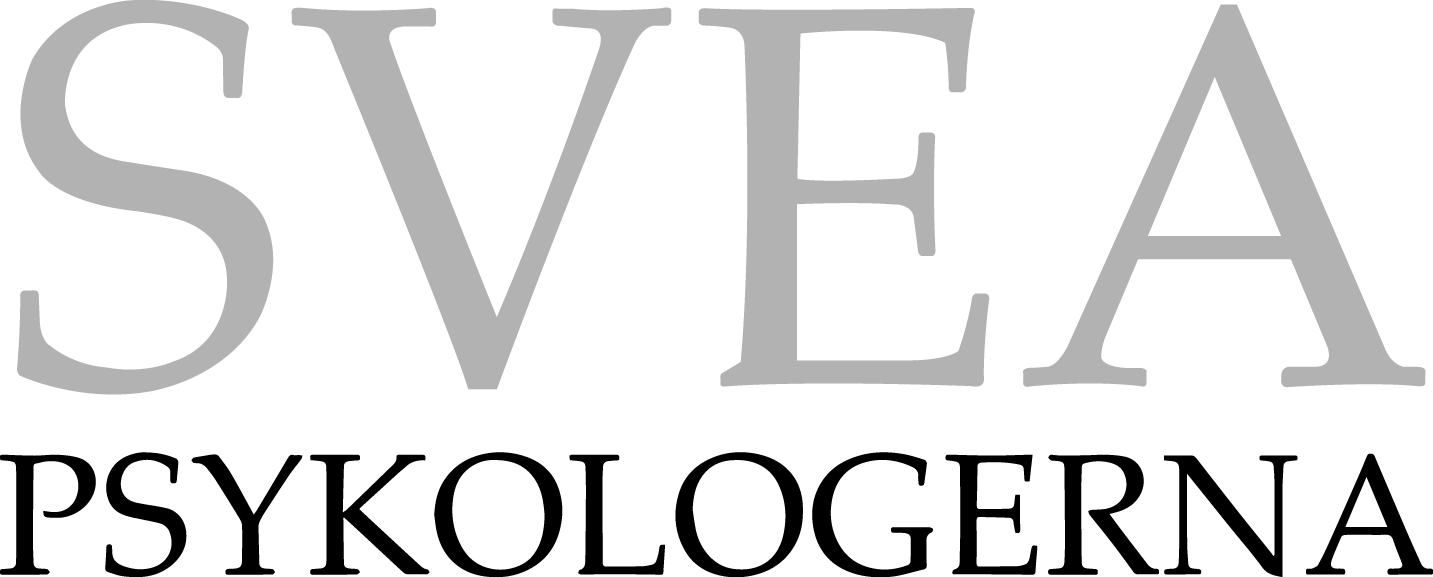MI - Motivational Interviewing
In the past, it was thought that confrontation could be beneficial in addiction treatment, for example. However, it was later found that clients abused even more when confronted, as it led to shame, which in turn could make the person want to drink more to get rid of the shame. It was found that there were other techniques that increased the chance of treating the addiction effectively, such as asking open-ended questions, rolling with resistance, creating discrepancies between what the person's current behaviors will lead to versus changing behaviors, and seeing which behaviors are most likely to lead to the client's set goals.
Research showed that the more the person talked about the benefits of behavior change, so-called "change talk", the more changes the client made in the future. Therefore, Motivational Interviewing (MI) is largely aimed at getting the person to think and talk about the benefits of changing their behavior. Motivational interviewing is a conversational method used to increase the likelihood that the client will change a problem behavior. It is based on principles from learning and motivational psychology. In motivational interviewing, the therapist helps the client build their intrinsic motivation to change, strengthen their commitment and develop a plan for change. The motivational interviewing process emphasizes a few key components: collaboration, eliciting motivation, and autonomy.
Collaboration is about the therapist communicating a partner-like relationship based on exploration and support, rather than prompting and proving. Inducing motivation is about the therapist helping the client to awaken and call forth the inner motivation for change, rather than imparting wisdom and insight. Autonomy means that the responsibility for change lies with the client and that there should be respect for the fact that it is the client who decides whether he or she wants to receive counseling or not. Motivational interviewing is an evidence-based approach to behavior change used in the context of cognitive behavioral therapy. It is not limited to a specific context or problem, but can be used in different contexts and for a wide range of behavioral problems. For change to occur, the person must have the will to do so. Therefore, motivational interviewing is an important part of addiction treatment therapies and for all types of behavior change.
